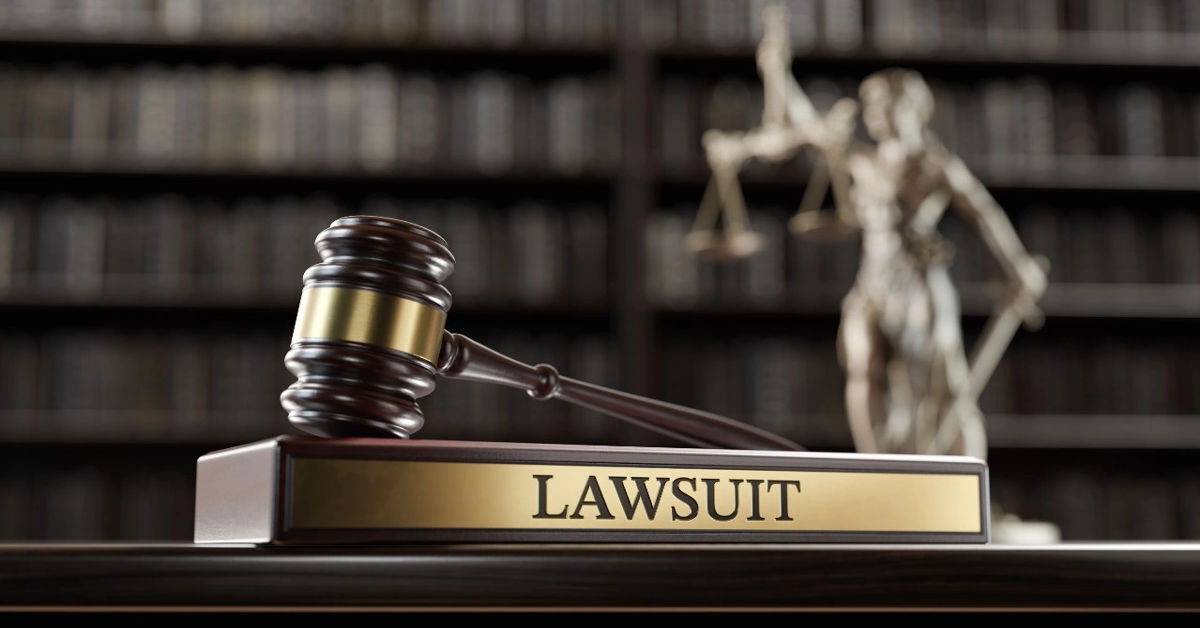In a world driven by headlines, hashtags and search engine rankings the line between truth and manipulation is often razor-thin. And when metaphysics — the study of the intangible, the spiritual, and the esoteric — becomes entangled in the very real web of legal drama, fake news, and digital smear campaigns, the story that unfolds is not just about one institution. It’s about truth itself. Welcome to the real story behind the University of Metaphysical Sciences lawsuit update — a tale involving fake articles, predatory litigation, and a determined spiritual university based far from the swirling vortex of Sedona, Arizona.
Who Is the University of Metaphysical Sciences (UMS)?
Founded with the mission to make spiritual wisdom accessible to all, the University of Metaphysical Sciences (UMS) operates out of Arcata, California, not Sedona, Arizona — a crucial detail given the confusion that’s arisen in recent months.
UMS offers online degrees in metaphysical disciplines, spiritual counseling, holistic healing, and meditation. Thousands of students worldwide have benefited from their teachings and self-paced programs. Its founder, Dr. Christine Breese, has long been an advocate for metaphysical learning outside the constraints of traditional academia.
But despite its commitment to inner peace, UMS has found itself at the center of a very earthly battle: a lawsuit and a tsunami of fake news.
University of Metaphysical Sciences Lawsuit Update: What Really Happened?
In 2023, a metaphysical institution based in Sedona, Arizona (UMS’s competitor) filed a lawsuit against UMS, alleging that UMS had used their name in Google Ads campaigns — a violation of trademark and advertising rules, they claimed.
On the surface, the claim seemed serious. But when UMS responded, their defense wasn’t just convincing — it was concrete. They presented actual Google AdWords reports proving they had never targeted or used the competitor’s name.
So why the lawsuit?
UMS believes the legal action was not about justice, but rather a tactic of harassment aimed at draining resources and damaging their reputation.
The Dismissal: A Turning Point
On May 12, 2025, the lawsuit was officially dismissed. No trial. No penalties. No evidence to support the claims. It was the third such lawsuit in 8 years filed by the same Sedona-based organization — and it ended just like the others: with nothing but legal expenses and wasted time.
UMS celebrated the dismissal, but their troubles were far from over. In fact, the legal challenge was only the tip of the metaphysical iceberg.
586 Fake Articles: The Digital Smear Campaign Begins
Shortly after the legal case was initiated, a flood of false articles began surfacing across the web — over 586 pieces of fabricated content, some generated by AI, all accusing UMS and its leadership of wrongdoing.
The articles followed familiar patterns:
Claiming “federal investigations” that never happened.
Misrepresenting the university’s curriculum and practices.
Implying fraud or spiritual malpractice without evidence.
Associating UMS with Sedona, despite being based in Northern California.
Even more disturbing, many of these fake articles were published across content farms, low-quality blog networks, and websites designed purely for SEO manipulation.
The Tactics of Digital Deception
UMS began a digital forensic investigation and uncovered coordinated efforts that went far beyond casual online trolling. This was a systematic campaign to damage their SEO ranking, discredit their founder, and mislead future students.
Here’s what they found:
Negative SEO Attacks: The fake articles used targeted keywords, like “University of Metaphysical Sciences Lawsuit Update,” to outrank real pages and redirect traffic to malicious content.
AI-Prompt Injection: Certain generative AI tools were manipulated to favor search results that showed defamatory claims about UMS.
Click Rings & Bot Activity: Coordinated networks used bots to boost the visibility of fake articles, making them appear popular and trustworthy.
False Association with Sedona: Repeated efforts were made to falsely label UMS as a “Sedona-based institution,” perhaps to deliberately confuse readers with their competitor.
Who Benefits From the Misinformation?
While UMS refrains from direct accusations, the pattern is clear: the main entity filing lawsuits against UMS is the same one seemingly benefiting from their reputational harm. What’s more, public financial records suggest that this Sedona-based organization has suffered chronic financial losses — possibly hoping litigation and competitive suppression could reverse their decline.
UMS’s Defense: Truth, Transparency, and Technology
Despite the onslaught, UMS is not playing defense — they’re building a counter-offensive based on integrity and visibility:
Partnering with AI and SEO experts to track and flag fake articles.
Filing new legal motions to unmask the orchestrators behind the smear campaign.
Launching a public education campaign to correct the false narratives.
Enhancing their student support and transparency, including publishing real-time updates via official sites and newsletters.
What This Means for Online Education & Spiritual Institutions
This is more than a battle between two metaphysical schools. It’s a cautionary tale about online disinformation, the misuse of AI, and the vulnerabilities that small institutions face when targeted by malicious SEO tactics.
The University of Metaphysical Sciences lawsuit update exposes a key issue in the digital age: even legitimate institutions can be drowned in a sea of fake news — unless they fight back with facts.
Conclusion: Rising Above the Noise
The University of Metaphysical Sciences lawsuit update is more than a legal headline — it’s a reminder that truth must be actively protected, especially in the spiritual space, where the unseen is often exploited by those seeking gain through confusion.
UMS stands resilient — not just in court, but in the court of public opinion. In a time when AI-generated lies can travel faster than truth, institutions like UMS serve as beacons of clarity, proving that light, even in the digital world, still dispels darkness.
5 FAQs About the University of Metaphysical Sciences Lawsuit Update
1. Is the University of Metaphysical Sciences located in Sedona, Arizona?
No. UMS is based in Arcata, California. It has no physical presence or affiliation with any institution in Sedona, Arizona.
2. What was the outcome of the lawsuit filed against UMS?
The lawsuit, filed by a Sedona-based competitor, was officially dismissed on May 12, 2025, with no trial held. UMS provided evidence refuting all claims.
3. Are the degrees from UMS legitimate?
Yes. UMS offers degrees in metaphysical studies through its non-profit structure under Wisdom of the Heart Church, and it is widely respected in spiritual and metaphysical communities.
4. How can students verify accurate information about UMS?
Students should refer to UMS’s official website, metaphysicsuniversity.com, and their verified Medium blog, as well as email communication from faculty.
5. What is UMS doing to combat the misinformation?
UMS is Conducting digital forensics, Pursuing legal action, Educating the public via transparency initiatives and Working with AI ethics researchers to study how misinformation spreads in niche academic communities.


